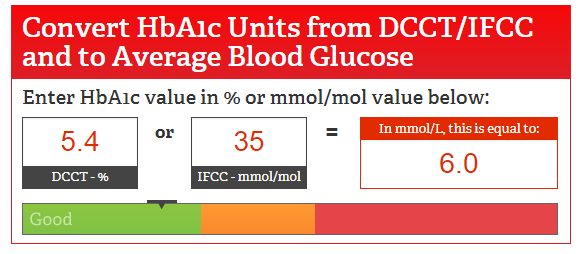Hi everyone!
I’ve started a strict keto diet 10 days ago which is a followup on a 3 week period of gradually lowering carbs in my diet.
I do not have diabetes, allergies or any other sickness. I’m 5 10" (177cm) and weigh 154 pounds (70kg). My blood tests 10 days ago when I started my keto journey was:
Glucose: 4.2 mmol/L (75.6 mg/dL)
B-HbA1c (IFCC): 35 mmol/mol
Inflammation markers on a normal level
Question 1: On day 3 on the strict program I clocked a 4.2 mmol/L ketones in my blood. I measure blood at home. Since that I’ve constantly clocked 3+ levels with the 4.2 as the highest. Even in a fasted state, meaning before breakfast I clock 3+ levels. What does this mean? What I’ve read for most people even to get to a 1mmol/L state takes a lot longer. I strength train 5 times per week.
Question 2: This morning (12 hours without food) I tested my glucose levels as well as ketones and the numbers are 6.2 mmol/L (114 mmg/dL) and a 3.8 mmol/L ketones in my blood. Should I be concerned about the high glucose levels as I eat max 25grams of carbs per day? Also this would mean that I have a very high energy count in my blood (6.2+3.8) which is maybe not optimal for the benefits I’m looking for, like transforming my metabolism into a fat burner instead of a carb burner. Or maybe my glucose monitor is fooling me? I use menarini diagnostics monitor
http://www.menarinidiagnostics.com/Products/Home-Glucose-Testing/GlucoMen-LX2
Net carbs are around 20-25grams per day.
1 day meal example:
Breakfast: 2 eggs fried in coconut oil or butter and one avocado or just bulletproof coffee
Pre workout drink: Exogenous ketones (Prüvit Keto OS)
Lunch: Spinach, rucola, peppers, cucumber, ground beef or rib eye (grass fed), olive oil, and cabbage prepared in butter.
Dinner: basically same as lunch but meats and veggies vary
I take vitamin D, magnesium supplements
I do keto just because I like to experiment and for the positive benefits it can bring for mental and fat burning performance.
Lastly I feel totally normal, maybe even better than before with my high ketone levels but I just got worried about my glucose level.
Thankful for any insight you can give me!

 I’ll stop taking it from now on. 6.2 mmol/L -> 112 mg/dL glucose is in fact high in my opinion especially when there should be almost no carbs in my system to increase it. The whole idea of keto is to lower it and not the other way around right? All sites that I have researched state that higher than 6 mmol/L glucose is considered pre diabetic levels. It’s a pretty standard statement what I hear and read.
I’ll stop taking it from now on. 6.2 mmol/L -> 112 mg/dL glucose is in fact high in my opinion especially when there should be almost no carbs in my system to increase it. The whole idea of keto is to lower it and not the other way around right? All sites that I have researched state that higher than 6 mmol/L glucose is considered pre diabetic levels. It’s a pretty standard statement what I hear and read. . According to the health standards in my country a “good” level of IFCC is between 27-42 so it’s definitely on the higher end than the lower but nothing I worried about when I got the results or am I missing something? 35 converted to DCCT (US) is 5.35 btw
. According to the health standards in my country a “good” level of IFCC is between 27-42 so it’s definitely on the higher end than the lower but nothing I worried about when I got the results or am I missing something? 35 converted to DCCT (US) is 5.35 btw